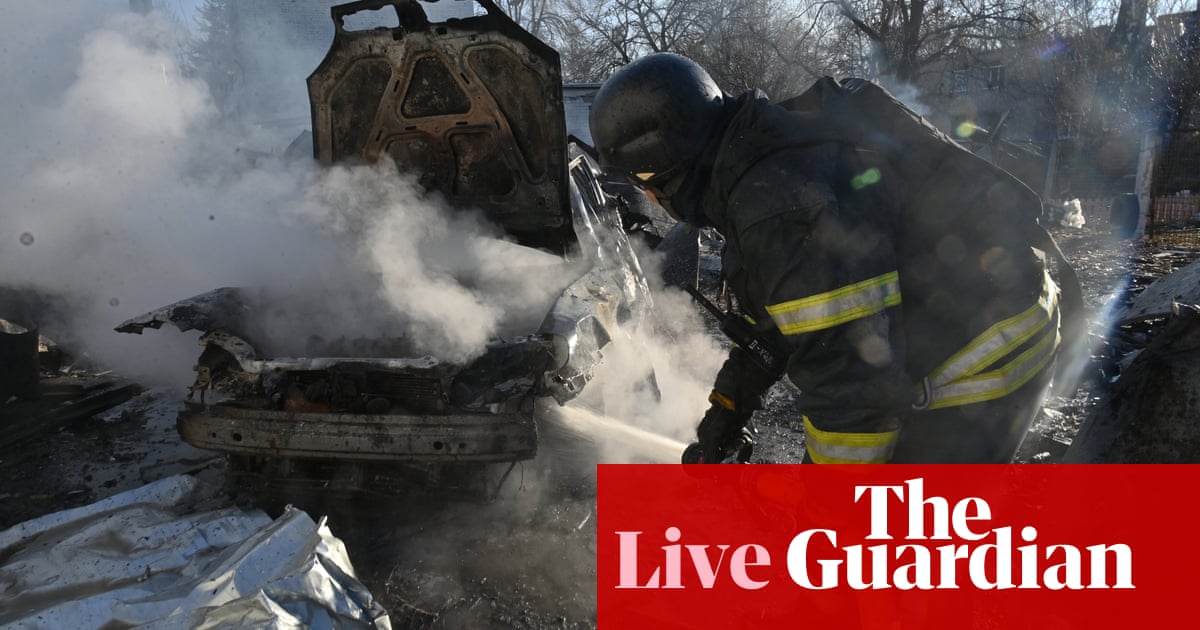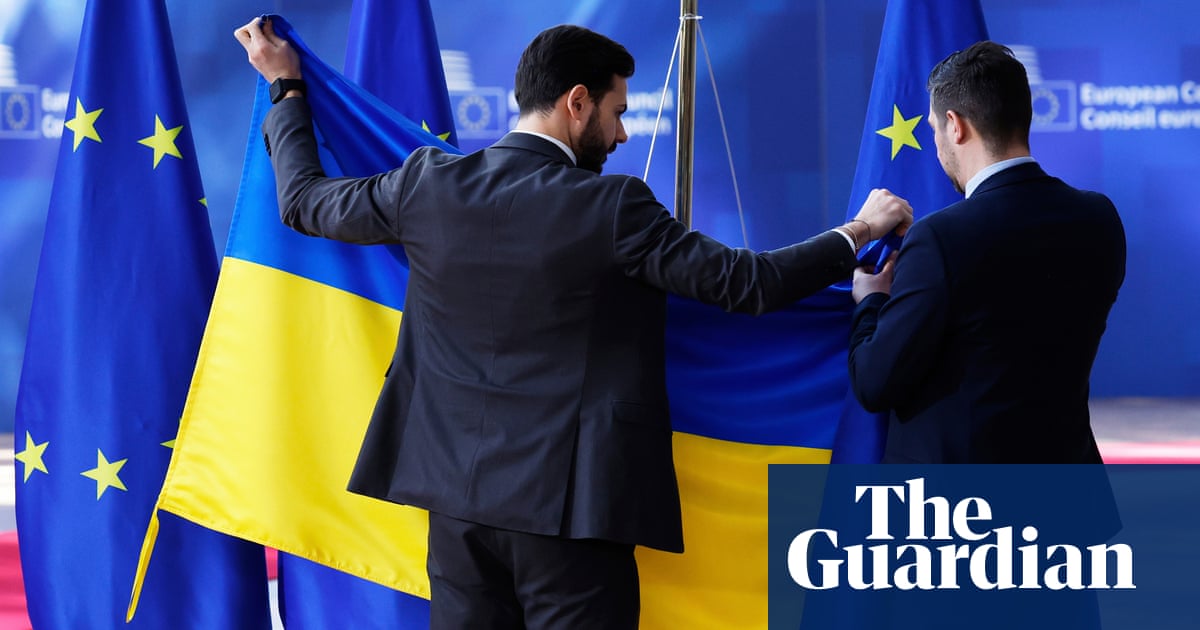UK and Norway start Arctic defense pact talks to combat Putin

Healey said: “Norway remains one of the U.K.’s most important allies. We will create a new era of defense partnership to bring us closer than ever before as we tackle increasing threats, strengthen NATO, and boost our security in the High North.
“The U.K. is determined to play a leadership role on European security, supporting the foundations for our security and prosperity at home and showing our adversaries that we are united in our determination to protect our interests.”
The defense secretary’s comments come as tensions between the U.S. and Europe over Ukrainian peace negotiations escalate. U.S. President Donald Trump claimed Russia “have the cards” in talks and called Ukrainian President Volodymyr Zelenskyy a “dictator” for not holding elections in wartime.
The U.S. has also argued European NATO members must spend more on defense, with the U.K. working toward allocating 2.5 percent of GDP to its military capabilities. Healey said Tuesday the British Ministry of Defense would undergo its “biggest defense shake up in 50 years” to ensure it was ready for war.
When meeting Norwegian troops patrolling the border with Russia Wednesday, Healey said he was “really interested” they had conscription, which isn’t the case in the U.K.
Healey’s visit followed a Russian spy ship entering U.K. waters in January and last November. The defense secretary told parliament last month the vessel was “used for gathering intelligence and mapping the U.K.’s critical underwater infrastructure” before it sailed through to the North Sea.
Related
Zelenskyy reiterates call for air truce after huge Russian attack…
We need Russia to stop attacks, Zelenskyy says, backing calls for truce in air, at seaUkrainian president Volodymyr Zelenskyy has responded to overnight attacks
Europe scrambles to rearm as Trump threatens security guarantees and…
CNN — European leaders have vowed to rearm the continent at historic emergency talks h
Russia launches ‘massive’ attack on Ukraine after Europe rushes to…
Ukraine's energy and gas infrastructure came "under massive missile and drone shelling" by Russia on Friday, a Ukrainian minister said."The energy and gas infra
American severance may be averted, but Europe’s leaders must fear…
With a mixture of regret, laced with incredulity, European leaders gathered in Brussels to marshal their forces for a power struggle not with Russia, but with t












